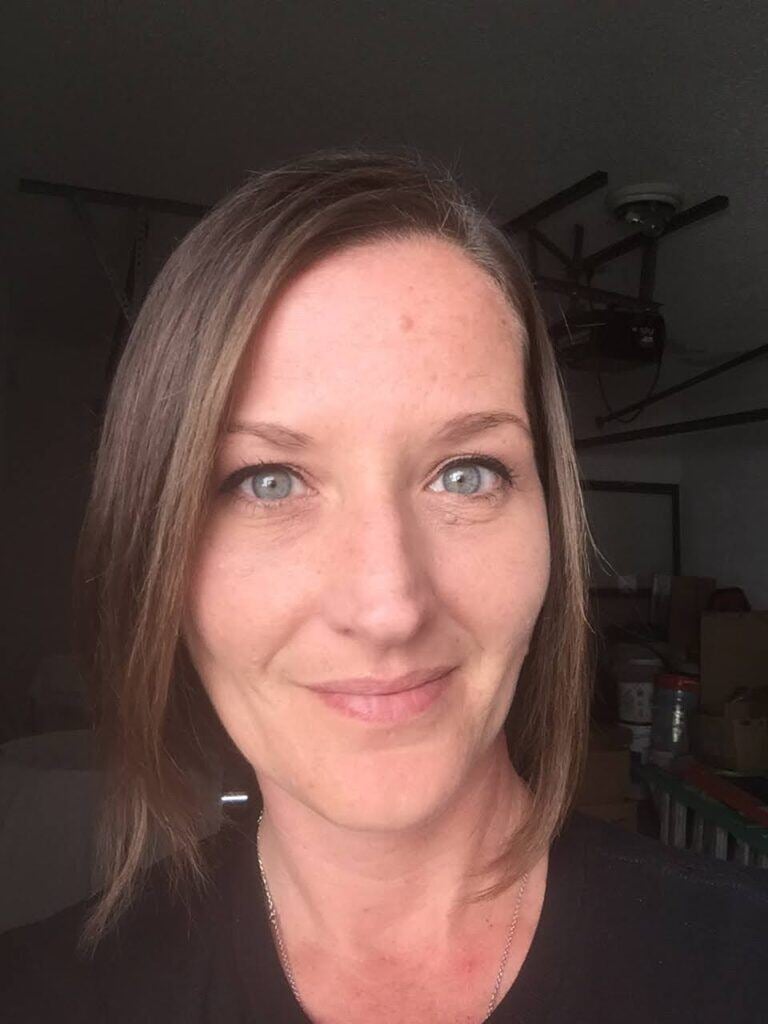 I started practicing meditation about 10 years ago, at the Shambhala Center in Chicago. (Shambhala is an international organization founded by Chogyam Trungpa, a Tibetan Buddhist – see shambhala.org). I was in early recovery from alcohol, and I decided I wanted to learn how to meditate. It just seemed like a good idea at the time. I’d been told I could show up on a Sunday morning at the Center and ask for someone to show me how, so that’s what I did. After about 15 minutes of instruction, I joined the others who meditate together there on Sunday mornings. Eventually I went on to take some meditation trainings and started reading stuff (anything by Pema Chodron).
I started practicing meditation about 10 years ago, at the Shambhala Center in Chicago. (Shambhala is an international organization founded by Chogyam Trungpa, a Tibetan Buddhist – see shambhala.org). I was in early recovery from alcohol, and I decided I wanted to learn how to meditate. It just seemed like a good idea at the time. I’d been told I could show up on a Sunday morning at the Center and ask for someone to show me how, so that’s what I did. After about 15 minutes of instruction, I joined the others who meditate together there on Sunday mornings. Eventually I went on to take some meditation trainings and started reading stuff (anything by Pema Chodron).
I now meditate with a group about once a week and at home daily (more or less; these habits took some effort to instill, and there has been a bit of on-again / off-again over the years). The results show up in daily life as an increasing capacity for clarity and calmness, and for seeing more possibilities in difficult situations. Oh, and things like moments of joy and appreciation.
I think of meditation as REBT in action: REBT is based on the understanding that our thoughts and beliefs determine how we react to situations – that we create our own happiness (and suffering). Buddhist teachings are derived from essentially the same precept – the slogan “pain is inevitable, suffering is optional” pretty much sums it up.
We are always talking about “the tools” in SMART Recovery and, for me, meditation is a veritable Swiss Army Knife of SMART tools. It helps me practice acceptance (of self, others, and life); builds my capacity for not getting upset over the upsets; untangles the feelings from the thinking and beliefs about the feelings; and is a big part of how I let go of unhelpful beliefs – importantly, by first bringing those beliefs (and/or patterns of thinking and reacting) into conscious awareness. Much easier to dispute irrational beliefs if you know what they are!
After a lifetime of dealing with anxiety, depression, addictive behaviors, and trauma (including domestic violence), meditation practice has been one of the most effective things I’ve done for myself. It’s been a critical factor in helping me cope with many difficult situations (and people!) over these past years, and, along with help from certain gifted and caring professionals, some truly awesome friends, and, of course, SMART Recovery, I now find myself in a place where life no longer seems overwhelming, where feelings of contentment are a regular occurrence, and I feel confident about taking on whatever comes next.
For those who want to check out the evidence base for how and why mindfulness / meditation works, I recommend Buddha’s Brain: The Practical Neuroscience of Happiness, Love, and Wisdom by Rick Hanson (2009). Jon Kabat-Zinn’s work is also noteworthy. He combines a Western scientific approach (he has a PhD in molecular biology) with a fairly deep knowledge of meditation techniques. Kabat-Zinn’s Mindfulness Based Stress Reduction program is shown to be effective with pain management and improving health outcomes (see the University of Massachusetts’ Center for Mindfulness, http://www.umassmed.edu/cfm/). UCLA’s Mindful Awareness Research Center (MARC) is another source for research and resources on mindfulness (http://marc.ucla.edu/).
Charlotte Miller is a SMART Recovery meeting facilitator in Chicago, and the newly-appointed Regional Coordinator for Illinois.




